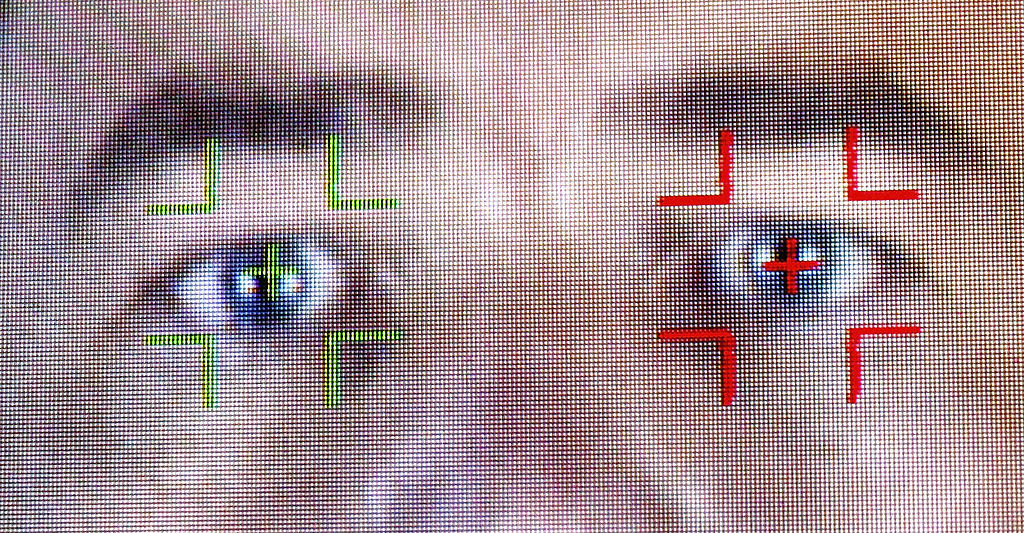The rise of technological innovations often comes hand-in-hand with ethical concerns, and few topics are as polarizing as the use of live facial recognition (LFR) technology in public spaces. Recently, the UK Information Commissioner’s Office (ICO) raised alarm bells regarding the reckless application of LFR, emphasizing the essential need for stringent regulations and public trust. As our society grapples with the balance between security, privacy, and technology, it’s vital to unpack the intricacies of LFR and its implications for our everyday lives.
Understanding Live Facial Recognition
At its core, live facial recognition technology leverages artificial intelligence (AI) to identify individuals in real time by matching their faces against databases. Unlike traditional CCTV cameras, which passively record footage, LFR actively analyzes and identifies people, opening up a plethora of possibilities and substantial risks. The technology has found its way into various sectors, from law enforcement to marketing, which complicates its ethical landscape.
The Concern Over Privacy and Surveillance
One of the primary fears surrounding the implementation of LFR is its ability to collect sensitive personal data on a widespread scale without individuals’ awareness or consent. The ICO’s findings noted that many organizations could not adequately justify their use of LFR, leading to consequences that could infringe on individuals’ rights and freedoms. The real question becomes: how can individuals feel secure knowing they might be profiled or tracked at any moment?
- Public Safety vs. Personal Freedom: Proponents often argue that LFR enhances public safety by identifying criminals or preventing potential threats. However, the challenge lies in ensuring that these security measures do not come at the cost of infringing upon personal freedoms and privacy.
- Discrimination and Bias: Instances of bias in AI are well documented, raising concerns about discrimination against certain demographics. Without careful oversight, there is a risk that LFR could perpetuate existing societal biases, leading to unjust profiling or targeting.
The Regulatory Landscape
The ICO’s opinion has set a precedent for the need for clear regulations governing the use of LFR. According to the ICO, organizations must comply with the UK’s Data Protection Act 2018, ensuring high standards of governance and accountability. Since these regulations mandate fairness, legality, and transparency, they provide a roadmap for responsible implementation of this sensitive technology.
The Role of the Public in Regulatory Reform
Public opinion regarding biometric surveillance is shifting, particularly across Europe. Advocacy groups have emerged, leading campaigns against the unchecked implementation of LFR and calling for a complete ban on public biometric surveillance. The ICO’s cautious stance, urging for broad public trust, reflects this rising sentiment, accentuating that any deployment of LFR must prioritize individuals’ rights.
The Future of Live Facial Recognition
As the technology continues to evolve, stakeholders are caught in a web of innovation, regulation, and public perception. It will be essential for policymakers to critically evaluate the implications of relaxing or tightening data protection laws, particularly post-Brexit, as these decisions will resonate across national borders. Aligning the UK’s data protection standards with those of the EU remains a vital task to maintain the essential data adequacy status, which is crucial for business and innovation.
The Path Forward
Moving forward, a balanced approach must be adopted. Potential benefits from LFR technology cannot overshadow the need for public trust and comprehensive protection of civil liberties. As Elizabeth Denham aptly noted, the use of LFR is “not my role to endorse or ban a technology,” she emphasized the importance of embedding data protection at the heart of decisions regarding its deployment.
Conclusion
The conversation surrounding live facial recognition technology is at a critical juncture. As innovations unfold, the stakes for privacy and ethical governance only heighten. Policymakers, organizations, and the public must engage in thoughtful dialogue and collective action to navigate the complexities of this powerful technology while safeguarding individual rights. By doing so, we can pave the way for a responsible future in which technology serves as a tool for empowerment, rather than oppression.
For more insights, updates, or to collaborate on AI development projects, stay connected with fxis.ai. At fxis.ai, we believe that such advancements are crucial for the future of AI, as they enable more comprehensive and effective solutions. Our team is continually exploring new methodologies to push the envelope in artificial intelligence, ensuring that our clients benefit from the latest technological innovations.

